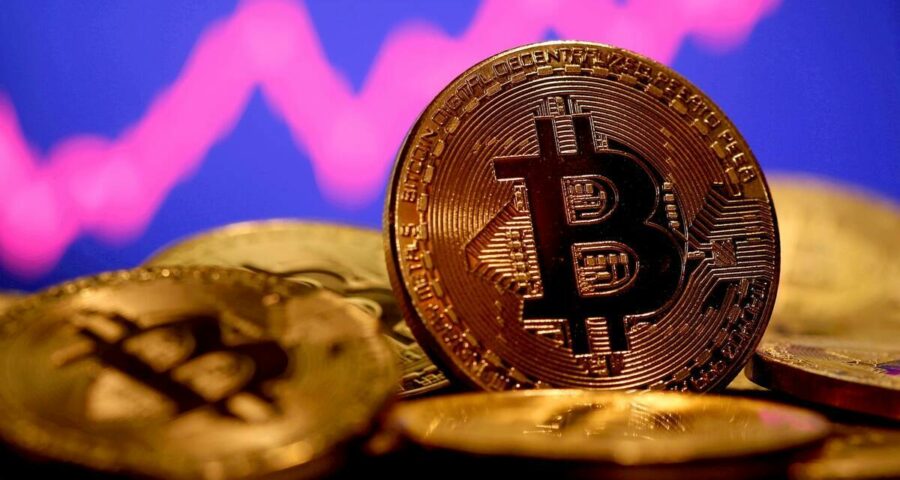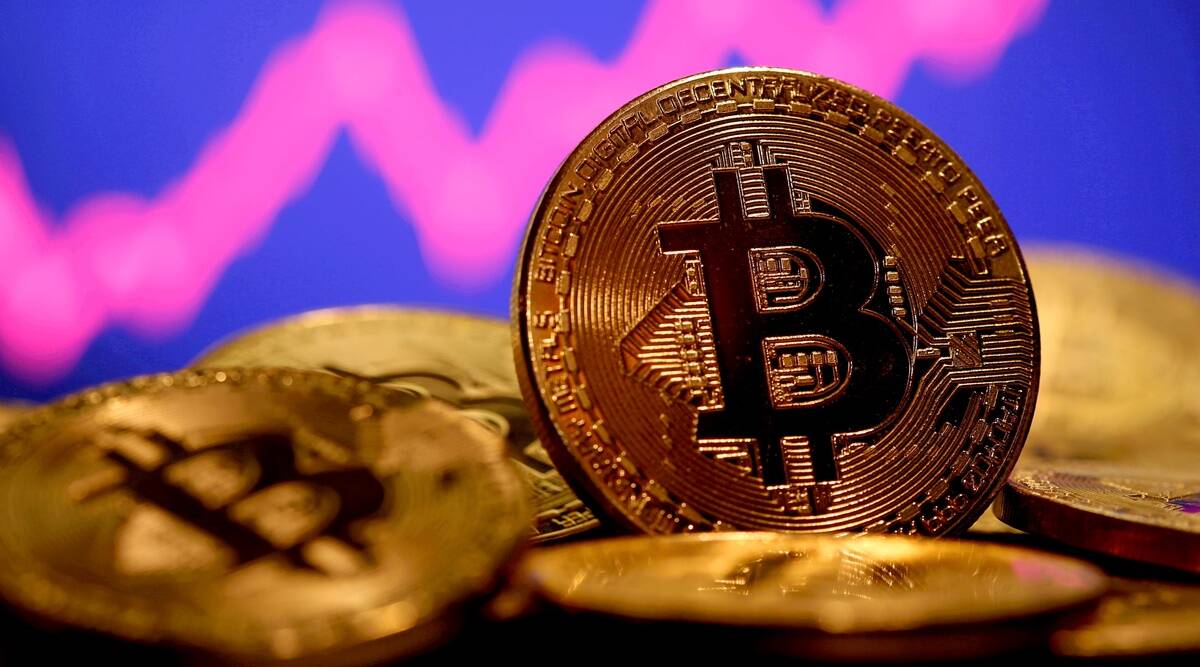The “bank” has ambitious plans to extend loans to buy cryptocurrencies and open savings accounts for customers. The government is also planning to bring in a law to regulate cryptocurrencies.
At a time when the Reserve Bank of India (RBI) frowns on private virtual currencies, the proposal of cryptocurrency bank Cashaa to launch banking operations in India for customers of virtual currencies like Bitcoin from August, through the credit co-operative society route, has raised eyebrows in financial circles.
Cashaa says it has launched Unicas, the world’s first crypto-friendly financial institution with physical branches in India in association with the United Multistate Credit Co-operative Society. It allows services for both crypto and fiat (currencies) from a single savings account, Cashaa founder and CEO Kumar Gaurav said.
The “bank” has ambitious plans to extend loans to buy cryptocurrencies and open savings accounts for customers. The government is also planning to bring in a law to regulate cryptocurrencies.
Asked whether the firm has sought RBI’s permission to launch a “bank”, Gaurav said United is a multistate credit co-operative society which is “registered and works under the Registrar of Societies”. “As we give services to members only, we do not need the RBI’s permission for this model. United is also a member of the National Federation of Urban Co-operative Banks and Credit Societies Ltd (NAFCUB) vide membership No. 1753 and certified with ISO 9001:2008 for Quality Management Systems,” he said in an email reply to a questionnaire from The Indian Express.
A credit co-operative society doesn’t deal in banking business, instead it lends money only to its members. “This society doesn’t come under the RBI. The promoters of the so-called bank are taking the credit co-operative route to avoid strict regulation and monitoring of the RBI. They won’t get a banking licence from the RBI. However, this society can lend to its members. It can still create a systemic risk to the financial system,” said a banking source.
“I think opening a credit co-operative society or providing services through them is an easier route as compared to going through private banking services. I am sure they would have some sort of limitations for customers on the banking side, that would be interesting to watch out for,” said Hitesh Malviya, founder, Itsblockchain.com.
The Finance Ministry and the RBI did not respond to queries about the legal position of Cashaa’s bank.
“As Unicas is part of Cashaa, we are working towards the future of banking in India. We are releasing personal accounts in India powered by CAS tokens with features such as saving account for the Indian rupee and crypto as well as lending (loan against crypto and loan to buy crypto),” Gaurav said.
Gaurav said he planned to release it during Independence week (in August) “as a symbol of the freedom of money”. “We will start issuing cards to account holders by the end of this year. All these services will be available through our internet banking application as well as in our branches,” he said.
He said Cashaa has created a hassle-free banking experience for crypto businesses who are underserved by banks. “Today, with more than five banking partners in three continents, we are providing business banking to more than 250-plus crypto companies. With our vast network of partners, Cashaa is leading the way for crypto-friendly global banking services (B2B),” Gaurav said.
“Before opening Unicas model branches, we have tested the model with three of the existing United branches, and now we are going to open new and modernise all the United branches in the coming months,” he said.
The RBI, which is against other virtual cryptocurrencies, has warned people against such currencies several times in the past. It has indicated that it is “very much in the game”, and getting ready to launch its own digital currency. “Central bank digital currency is a work in progress. The RBI team is working on it, technology side and procedural side… how it will be launched and rolled out,” RBI Governor Shaktikanta Das said recently.
Uncertainty over the legal status of cryptocurrencies is unnerving Indian investors who, according to unofficial estimates, hold around $1.5 billion (Rs 10,000 crore) in digital currencies. The government, which plans a law to ban private digital currencies, favours a digital currency backed by the Reserve Bank of India.
While existing investors could get an exit route in the event of a ban on trading, mining and holding cryptos, the proposed legal structure may seek declarations of holdings and transactions retrospectively from investors and traders.
Source: Read Full Article


